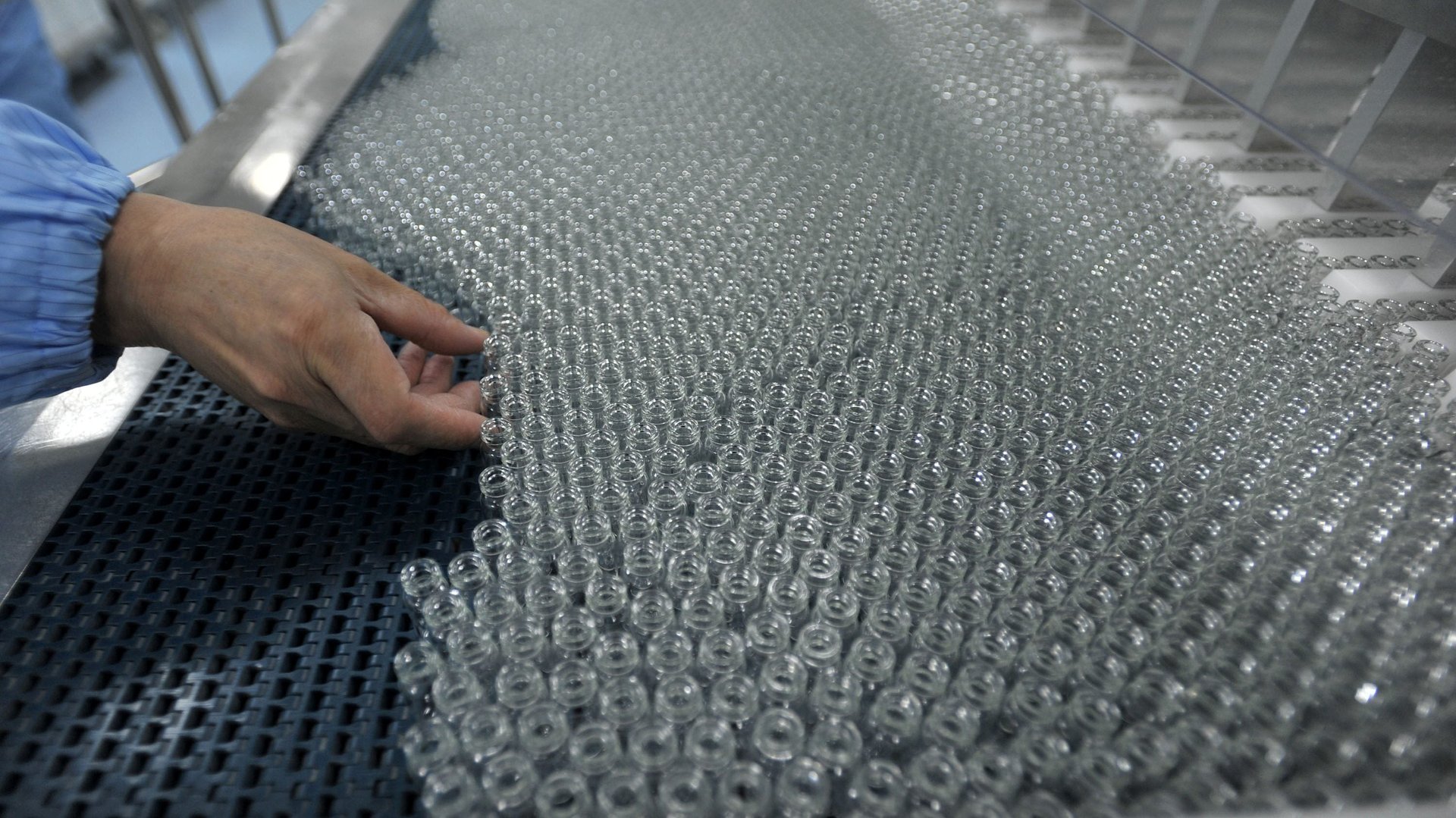Bill Gates says rich countries need to ensure Covid-19 vaccines can be made globally
Wealthy countries across the globe have preemptively bought nearly 2 billion doses of Covid-19 vaccines while they’re still in the research pipeline. The US has bought 800 million doses. The UK has bought 340 million, or roughly 5 doses for every person within the country. Japan and the European Union have also purchased hundreds of millions of doses.


Wealthy countries across the globe have preemptively bought nearly 2 billion doses of Covid-19 vaccines while they’re still in the research pipeline. The US has bought 800 million doses. The UK has bought 340 million, or roughly 5 doses for every person within the country. Japan and the European Union have also purchased hundreds of millions of doses.
That degree of preparation is meant to speed the delivery of vaccines and avert more deaths. But a new report from the Bill and Melinda Gates Foundation suggests that inequity in these pre-orders will actually increase global mortality from the virus.
The foundation’s annual Goalkeepers Report, published on Sept. 14, cited original modeling from researchers at Northeastern University, which looked at how many lives could have been saved if there been an 80% effective Covid-19 vaccine available in March. The model looked at two scenarios: One in which rich countries hoarded 2 billion of 3 billion vaccines, and one in which vaccines were distributed proportionately according to population size.
In the first model, researchers estimate that about 300,000 lives would have been saved; in the second, they estimated that equitable distribution would save twice as many people: 600,000. This work suggests that to curb overall death rates, rich countries can’t stockpile vaccines for themselves alone: They have to make them available to everyone.
There are two ways that rich countries can expand vaccine access. The first is thinking about how they’re made. Normally, when a new vaccine is brought to market, the company that made it—and only that company—can manufacture it in its factories.
A single manufacturer, however, would be unable to meet global demands quickly. “The way to deal with this problem is to have [manufacturing] capacity be as large as possible,” billionaire philanthropist Bill Gates said in a press briefing on Sept. 10. ”We need to have a vaccine created by one company but also be manufactured…by other companies.”
Gates said that his foundation is working with other alliances to pair western vaccine manufactures like Johnson & Johnson, AstraZeneca, and Novavax with manufacturers in Asia. It would require licensing and scientific sharing that’s never been done before.
Additionally, other groups can come together to buy vaccines for poorer countries. Already, Gavi, the Vaccine Alliance, has announced an advance market commitment to buy vaccines when they’re available. The nonprofit has purchased 300 million doses of AstraZeneca’s vaccine candidate—but that’s nowhere close to its goal of setting aside 1 billion vaccines for 92 low- and middle-income countries.
“[Gavi’s] experiment of trying to convince rich countries to join to hedge their bets has gotten very few takers,” Brook Baker, who studies access to medicines at Northeastern University in Boston, Massachusetts, told Nature. So far, the eclectic group of donors includes the Gates Foundation, the Saudi Arabian government, the UK government, TikTok, and Mastercard.
Ending the pandemic through vaccine distribution is vital to stopping the decline of global health and development. In the same report, the Gates Foundation cited the pandemic as having undone 25 years of global progress in a mere 25 weeks. Overall, global poverty has skyrocketed while routine immunization has plummeted. However, the CEO of the foundation, Mark Suzman, believes that these setbacks can be reversed, and even improved by 2030—particularly if rich countries step up to the plate. “It will be very tough, but it’s just about possible,” he said.